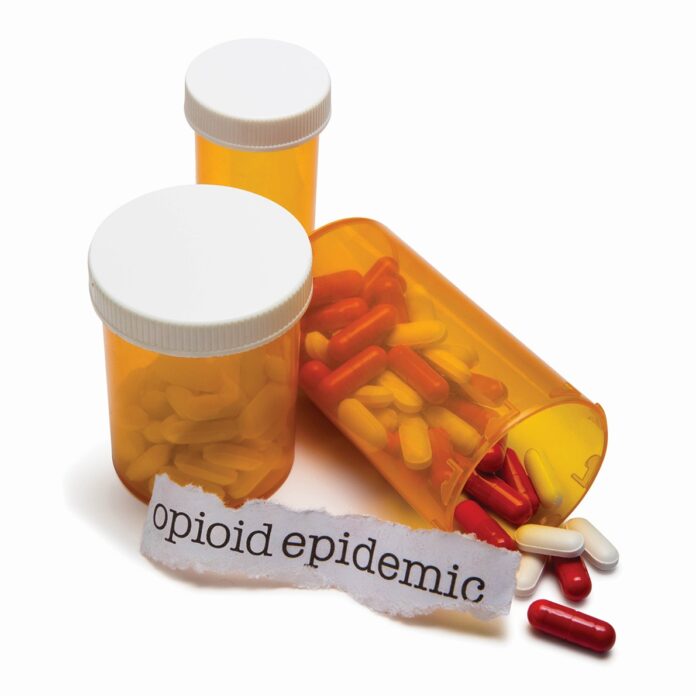By Mara W. Elliott
For years, pharmaceutical companies aggressively marketed opioids to doctors and the public, claiming opioids were needed to manage chronic pain, weren’t addictive, and were superior to other pain-relievers.
None of that was true. Instead, America got sick, while the opioid industry got rich.
As patients became addicts, they fueled an underground market for illegally produced fentanyl, a synthetic opioid, or turned to heroin. Overdoses strained emergency rooms and public-safety services and more than 500,000 Americans lost their lives. San Diego suffered along with the rest of the nation, struggling to combat a health crisis rooted in deception, manipulation, and greed.
While it’s impossible to reverse the damage done by the opioid epidemic, it is possible to hold opioid manufacturers and marketers responsible. In 2019, my Office sued a number of companies that were making outrageous profits at the expense of human lives.
Our lawsuit accused the drug companies of circulating false and misleading information about opioids’ safety and efficacy, and downplaying or omitting the risk of addiction and overdose. Opioids can be crucial to help people recover from surgery and to ease terminal illness, but the industry wanted a larger customer base.
We argued that their immoral and unethical behavior caused substantial injury to San Diego taxpayers who absorbed the costs of this public health crisis. Our strategy was to recover those costs and compel the companies to fund drug treatment and education programs to help our addicted population and prevent it from growing.
The legal strategy worked.
That lawsuit is part of a multiparty settlement between three opioid distributors and one manufacturer and a number of cities, counties, and states. We expect additional settlements in the future. Our targets include some of the biggest names in the drug industry, who profited in the decades-long fraud.
Throughout this hard-fought three-year battle, your interests were doggedly pursued by my Office’s Affirmative Civil Enforcement Unit. Under the terms of the settlement, these funds cannot be used for any purpose other than to address opioid addiction, through health care, drug treatment, and related programs.
The City will receive an estimated $30 million over eight years. The first year’s payment is $1,372,352.69.
Although the City Council and Mayor ultimately determine how the proceeds will be spent, it is my hope that the City will use these funds to expand PLEADS (Prosecution and Law Enforcement Assisted Diversion Services), which is a City program that encourages individuals found under the influence of drugs in public to agree to addiction treatment in lieu of prosecution and jail.
Our first responders are overburdened with emergency calls related to all forms of drug abuse and overdose. This program, founded by my Office and the San Diego Police Department in 2019, reduces costly emergency calls and offers a new start to people caught in the cycle of arrest, jail, release, and homelessness.
Even $30 million is a drop in the bucket compared with the economic and human harm caused by these companies, which have not admitted wrongdoing or the role they played in fueling a black market for illicit fentanyl. But at least one company, Johnson & Johnson, has stopped selling prescription opioids and has agreed not to resume.
In the three years we prosecuted our case, America’s opioid problem only worsened. In 2019, more than 3,200 people in California died from opioid overdoses; in 2021, there were 6,843 opioid deaths. In San Diego County alone, 1,637 people went to hospital emergency rooms for opioid overdoses in 2021, and 686 deaths were reported.
We can’t bring back those whose lives were tragically cut short, but we can use this money to provide future treatment, help, and hope for San Diegans impacted by this crisis.
Elliott is the San Diego City Attorney.














